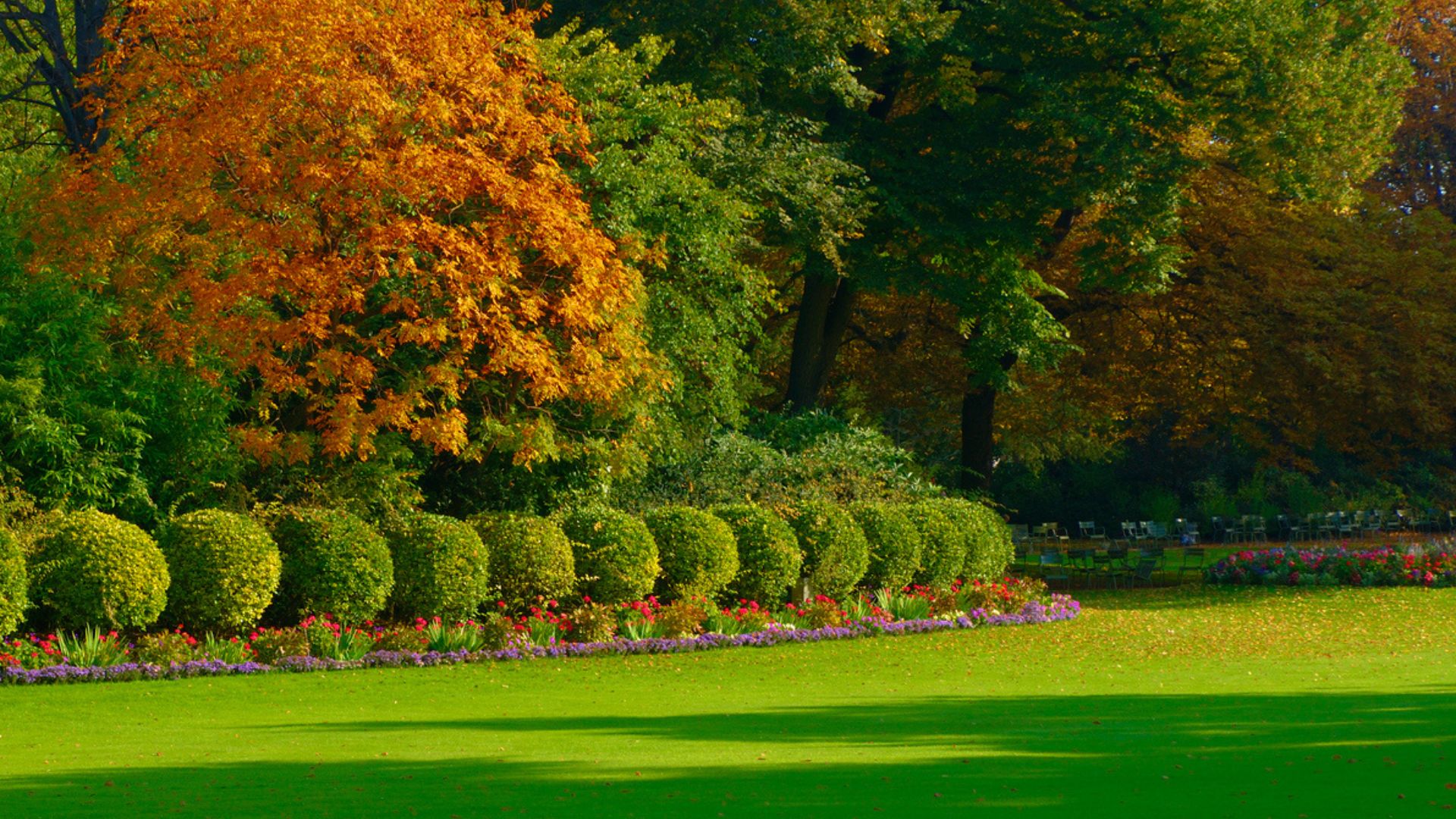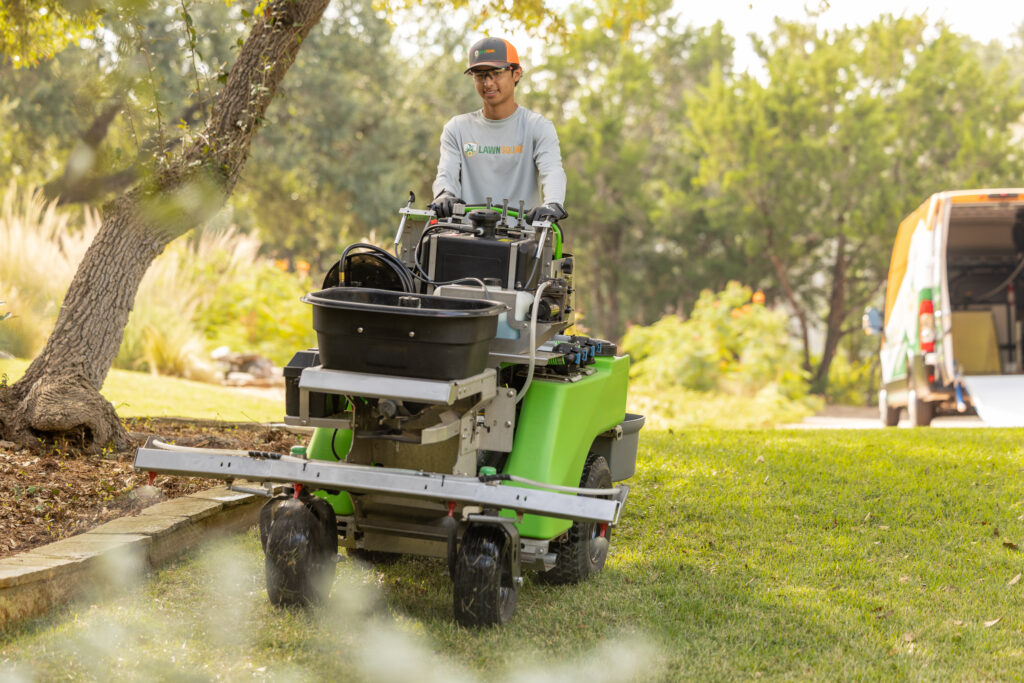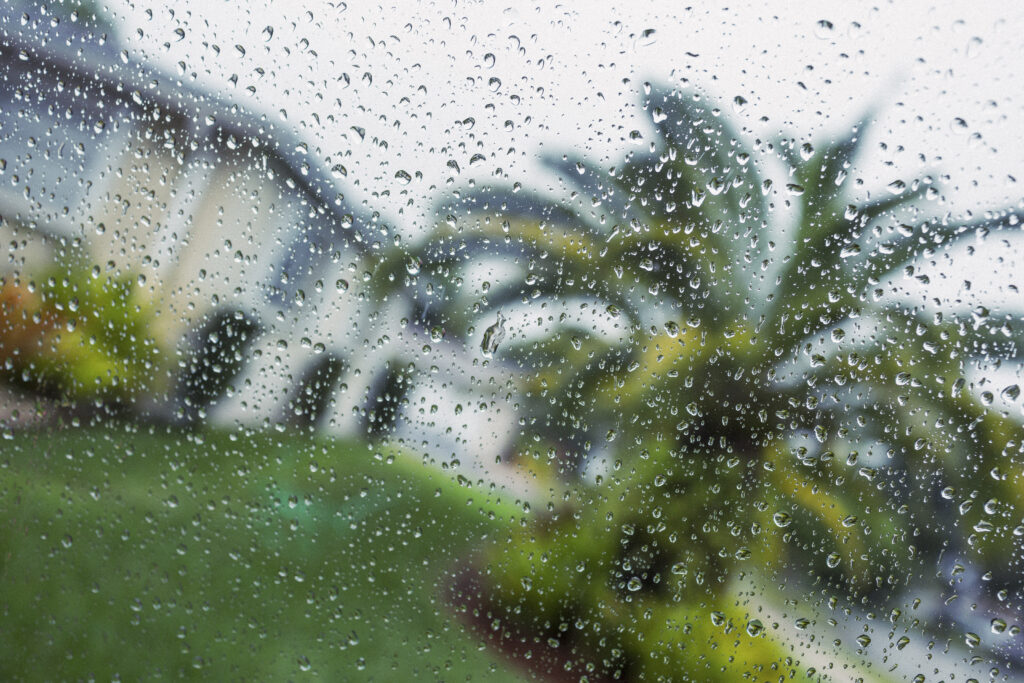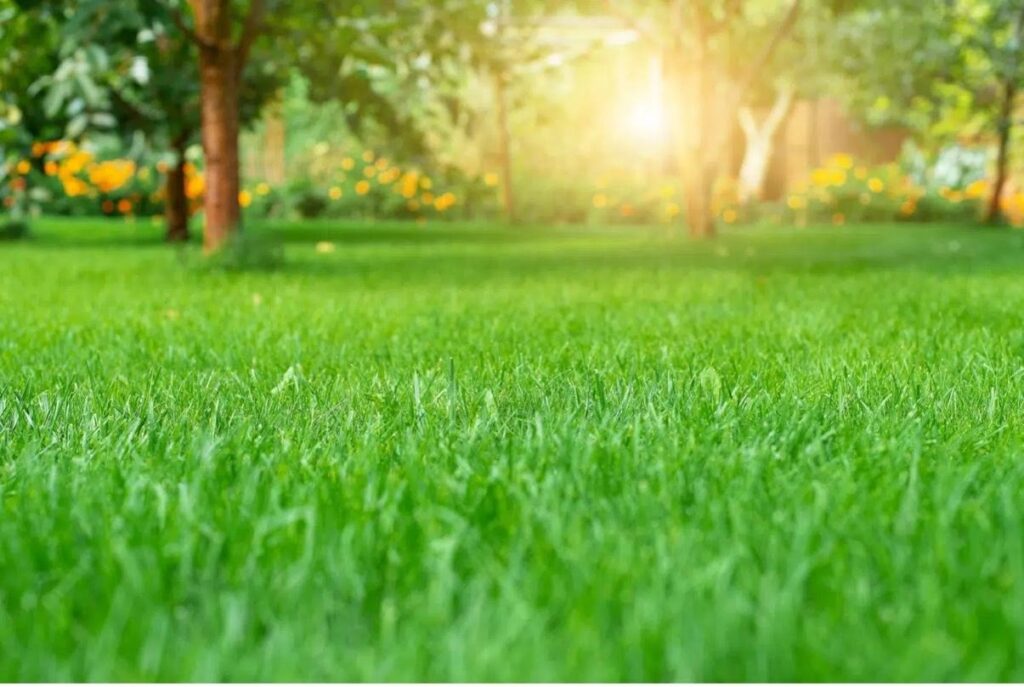Imagine stepping into your backyard on a humid summer afternoon in West Houston. The air is thick with moisture, and the sun blazes overhead. Your grass looks a little sad, and you can’t help but notice the weeds creeping in. As you survey the scene, butterflies flutter by, but your yard feels like it could use a little life. If only there were plants that thrive in this challenging climate without demanding constant care. Well, there is hope! In this post, we’ll explore the best native plants for West Houston that not only endure the heat and humidity but also enhance the beauty of your home while attracting local wildlife.
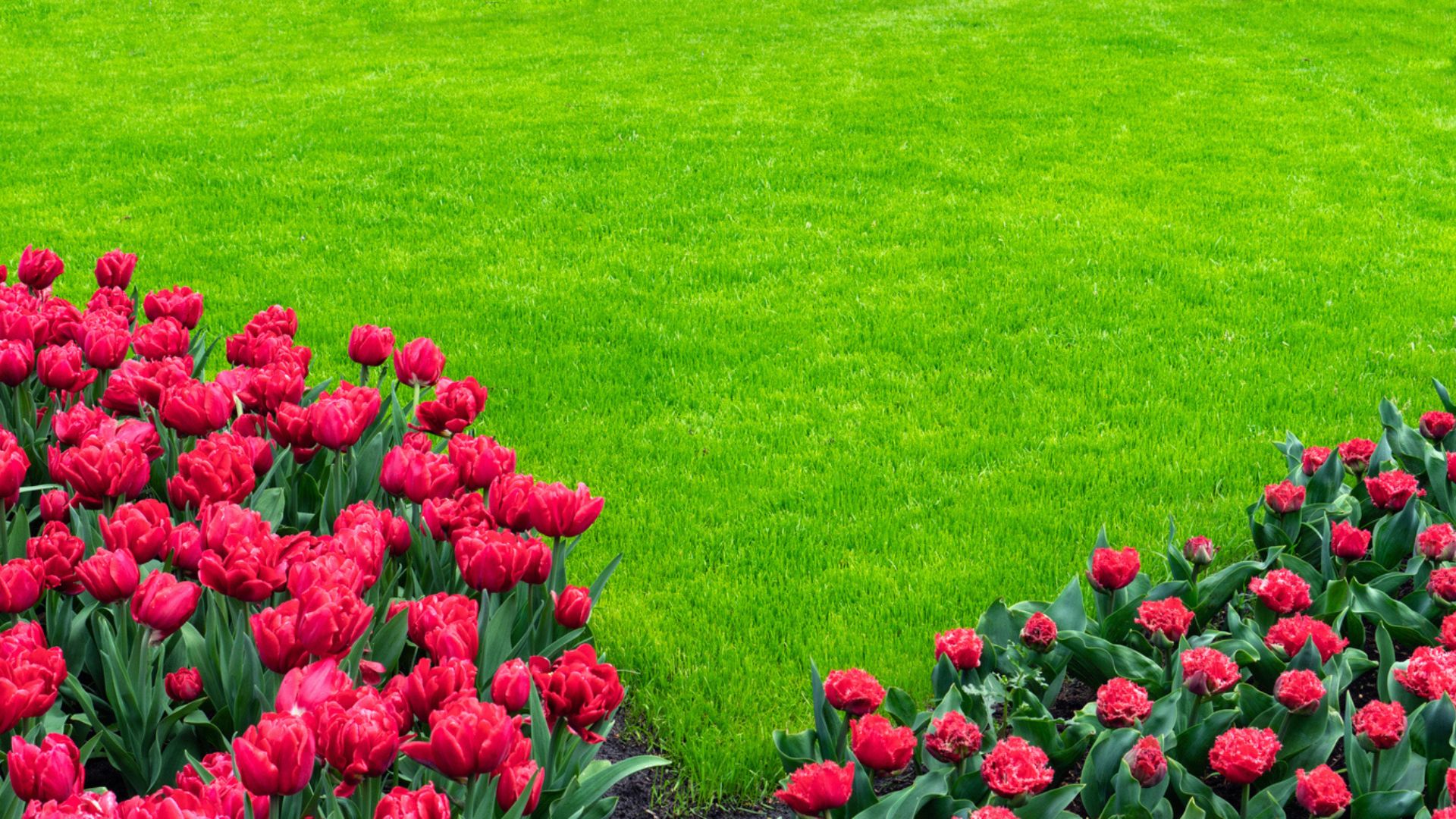
Why West Houston Lawns Struggle (And What Homeowners Don’t See)
West Houston presents a unique set of challenges for homeowners striving for the perfect lawn. The clay-loam soils here are notorious for their poor drainage, leading to waterlogged patches after heavy rains. The humidity creates a breeding ground for fungal diseases, and pests like grubs and fire ants can turn your lawn into a battleground.
Take, for instance, the story of Sarah, a new homeowner who moved to the area with dreams of a lush garden. She quickly found herself fighting a losing battle against the clay soil and relentless summer heat, only to discover that common DIY methods—like overwatering and quick-fix fertilizers—often fell short in this environment.
Understanding these challenges is the first step toward creating a thriving lawn. The truth is, common methods may not address the unique needs of your West Houston landscape.
How to Transform Your Yard with Native Plants in West Houston (Your Smart Lawn Strategy)
So, how can you reclaim your outdoor space? The secret lies in choosing native plants that are naturally adapted to West Houston’s conditions. Here are some practical steps to get you started:
- Assess Your Soil: Before planting, understand your lawn’s soil composition. Conduct a soil test to check for nutrient levels and pH. This will guide your plant selection and amendments.
- Choose Native Plants: Opt for resilient native species such as Black-eyed Susan, Turk’s Cap, and native grasses like Gulf Coast Muhly. These plants are equipped to handle the heat, humidity, and clay soil, requiring less water and maintenance than non-native varieties.
- Create a Planting Plan: Group plants according to their water needs and sunlight requirements. For example, position Turk’s Cap in sunny spots to attract hummingbirds, while plantings of Black-eyed Susan can flourish in areas with partial sun.
- Mulch Wisely: Apply a layer of organic mulch around your plants to help retain moisture, suppress weeds, and improve soil quality as it breaks down.
- Water Smartly: Adjust your irrigation to avoid overwatering. Native plants often require less water once established, but making sure they get enough in the first few weeks is crucial.
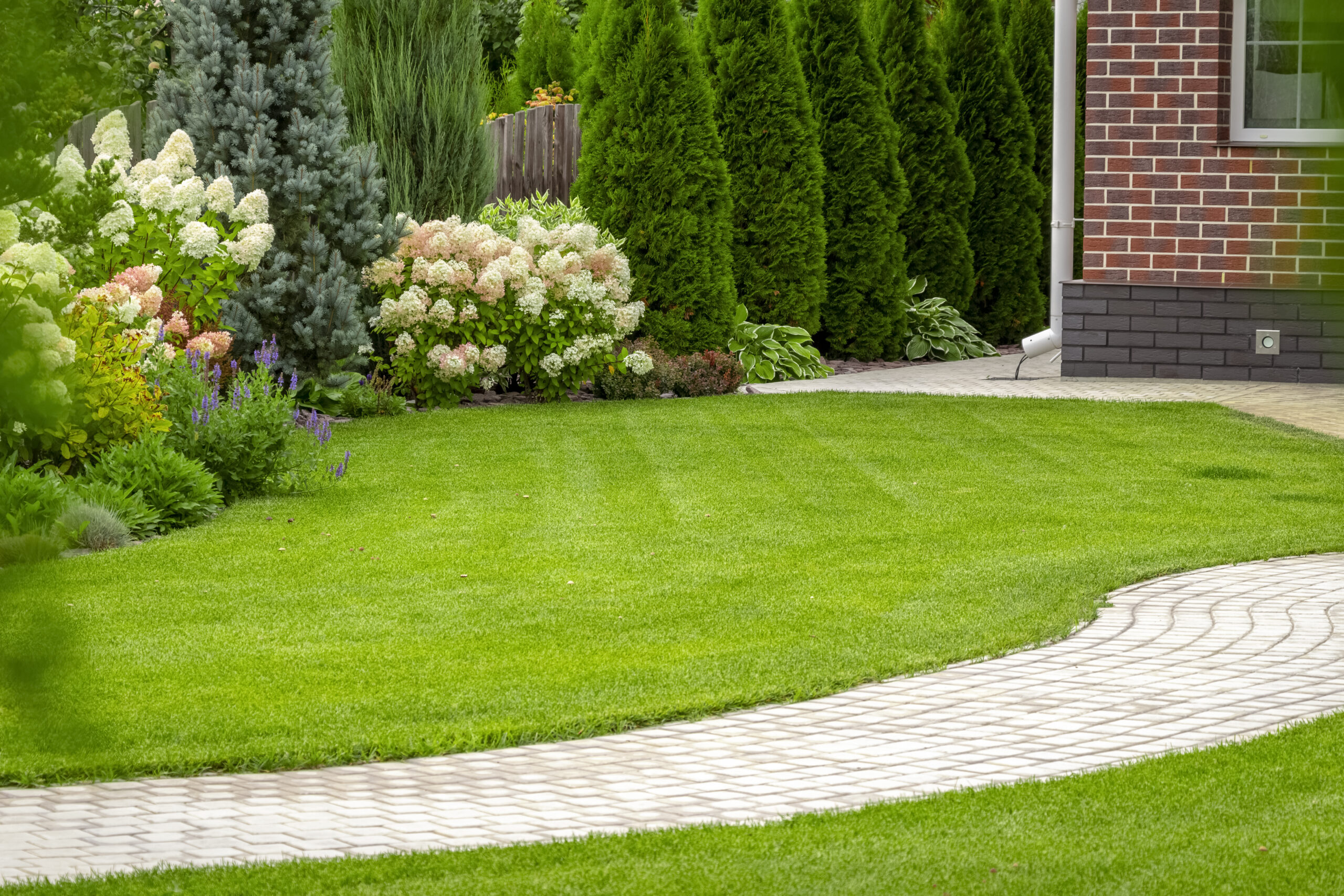
A West Houston Homeowner’s Lawn Rescue Story
Let’s take a moment to revisit Sarah. After realizing her battle was unwinnable with traditional methods, she decided to embrace native plants. She removed the struggling sod and started fresh. With each hole she dug, she felt the squishy clay beneath her fingers—a reminder of the challenges she faced.
She planted clusters of Black-eyed Susans and Turk’s Cap, watching as they flourished in the hot sun. As weeks passed, her yard transformed. The vibrant blooms attracted butterflies and hummingbirds, bringing life to her once-dreary space. The pride she felt as her garden blossomed was palpable; her hard work and acceptance of West Houston’s climate had paid off.
Take Action — Reclaim Your West Houston Lawn
Don’t let the challenges of heavy rain, clay soil, or pests dictate the fate of your yard. Embrace the beauty of native plants that are perfectly suited for West Houston’s climate. Call Lawn Squad® at 713-496-0458 to learn more about our VitaminLawn® Program and how we can help you create a vibrant, resilient landscape that not only beautifies your home but also supports local wildlife. Your lawn deserves a healthy transformation—let’s make it happen!


